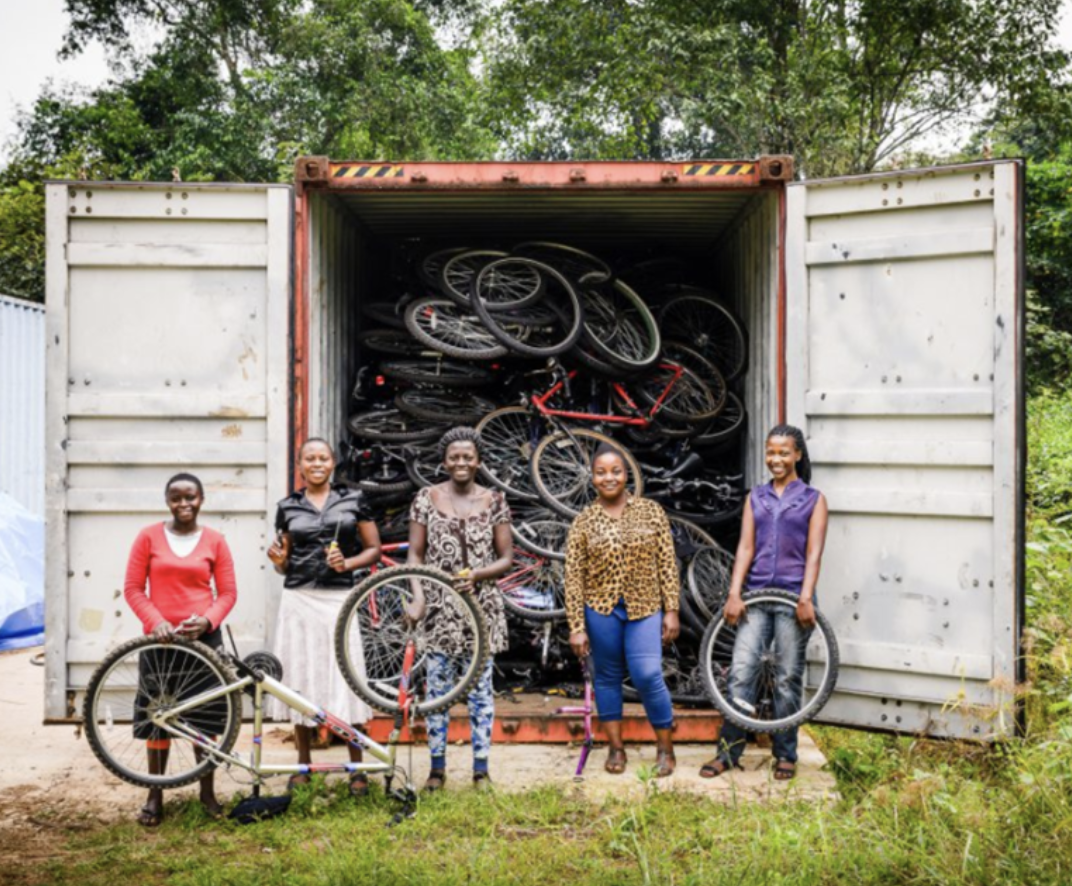Para leer este artículo en español, haga clic aquí.
I first learned about Working Bikes, a nonprofit community bicycle shop in Little Village, when I was studying at the University of Illinois at Chicago and saw a short documentary about a container of used bikes Working Bikes shipped to countries with limited access to bicycles. I had never heard of organizations working on these sorts of projects, and as a starry-eyed 19-year-old, I became fascinated with the concept of not letting bikes go to waste and refurbishing them instead. I had begun biking in the city and this film further motivated me to start volunteering at the shop to learn about bike mechanics and the projects Working Bikes was involved in.
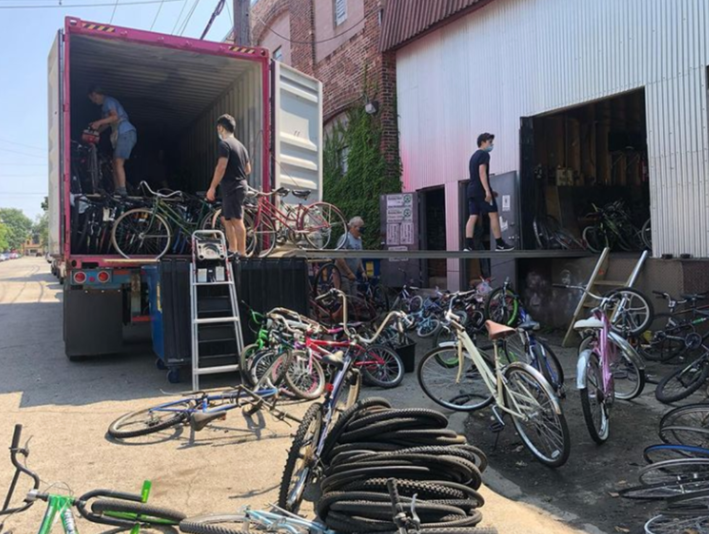
One of the many volunteer activities you can do is pack a shipping container full of bikes. Packing a container is difficult and requires a lot of coordination so you can fit the right amount of bicycles, spare parts, and other useful items. As a volunteer, you know where the bikes are going and to what program, but it is rare for volunteers to meet those who have used the donated bikes. That’s why when Working Bikes hosted an international partner from Uganda, Jane Anyango, it was exciting to hear a firsthand account of how these bikes are being used in the Bwindi area in the Kanungu district in southwestern Uganda.
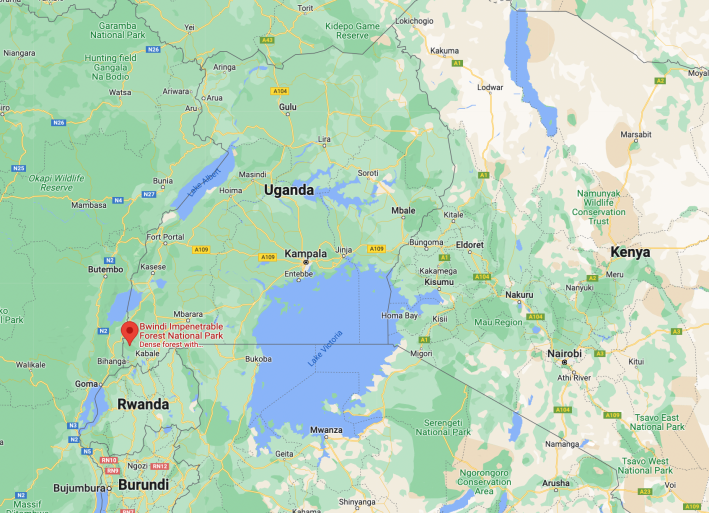
Jane is the Manager of the Bwindi Nursing School which helps young girls become nurses for the Bwindi Community Hospital. Many communities have been affected by the nursing shortage, especially in remote areas where access to social services is limited. The Bwindi Nursing School is in a hard-to-reach area with an unpaved road network. The residents of the surrounding area have poor access to healthcare services due to mobility challenges and healthcare provider shortages.
Jane noticed that many of the nursing students were men and came up with an action plan to recruit and retain more women into the nursing program. One of the many ways the women in this area have been empowered has been through the use of bicycles. Jane has facilitated the use of bicycles among the students at the Bwindi Nursing School and nurses of the Bwindi Community Hospital.
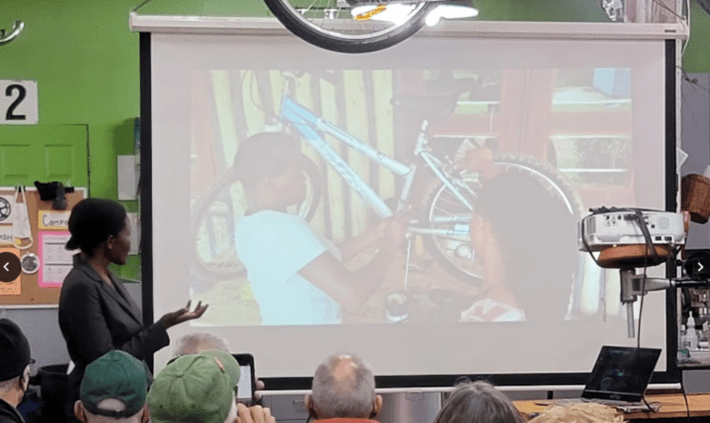
These bicycles are from a nearby shop called Bwindi Women Bicycle Enterprise. In 2017, Abercrombie & Kent Philanthropy, a philanthropic organization that supports development projects, donated money to help open a new bike shop near the Bwindi Impenetrable Forest. The goal was to create a woman-owned and woman-run bicycle shop. The shop receives shipments of bicycles from overseas organizations.
Working Bikes has been supporting this project since 2017 and has sent five shipments to the shop and one mechanic for a two-month teaching residency. As part of the project, the shop supplies bikes to some of the nursing students so they can reach health facilities that are very remote or people who are not able to travel to a health center or hospital. The bike shop also supports tourism in the area by providing guided tours of the forest. This provides an opportunity for skill-building and an income to the shop mechanics, who are all women.
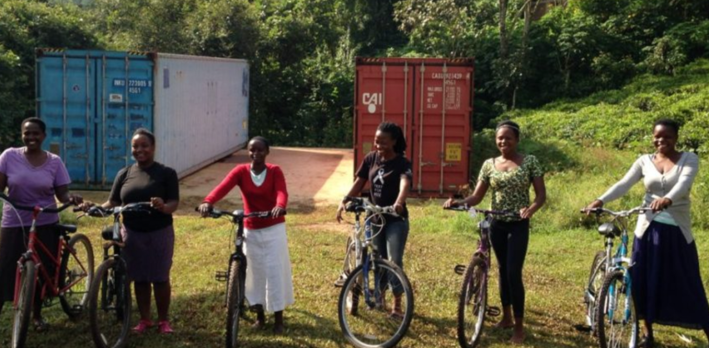
During the event, Jane showed pictures of the Bwindi bike shop, nursing school, and hospital; nurses biking in very remote areas; and mechanics fixing bikes donated by Working Bikes. Jane told the audience about her efforts to develop this small nursing school that struggled to recruit and retain students who were women to recruiting students from other countries. This project at the nursing school and bike shop represents the intersection of transportation, healthcare, empowerment, workforce development, and sustainability, through the support of development and healthcare needs of many people who have limited access to mobility and income.
I think events where you hear from the recipients of empowering resources themselves are the best events. To hear from the project leaders is necessary because it provides a platform to those that are making these initiatives worthwhile. It gave the Working Bikes audience a chance to understand projects that do not influence biases and deepen their understanding of how the bicycle is a tool for change to those who receive the containers.
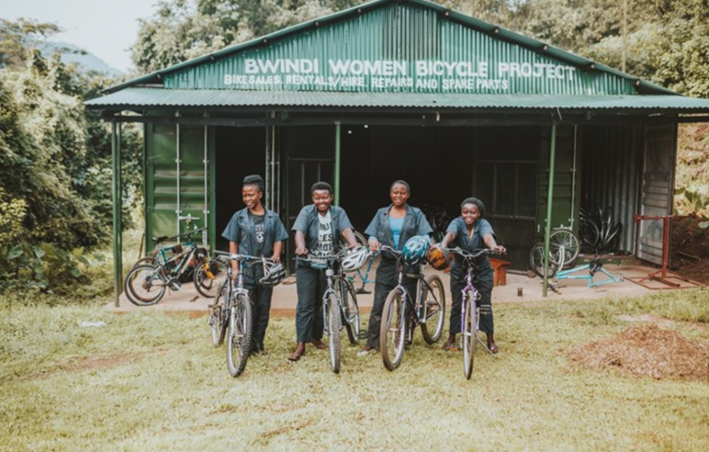
If you are interested in volunteering with Working Bikes, visit their website to learn more about how you can get involved. If you’d like to donate a bike, visit one of their many drop-off locations.
